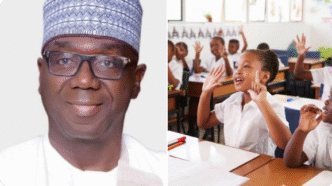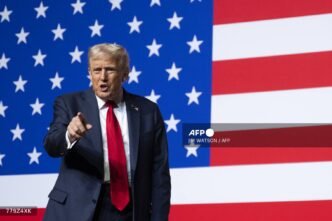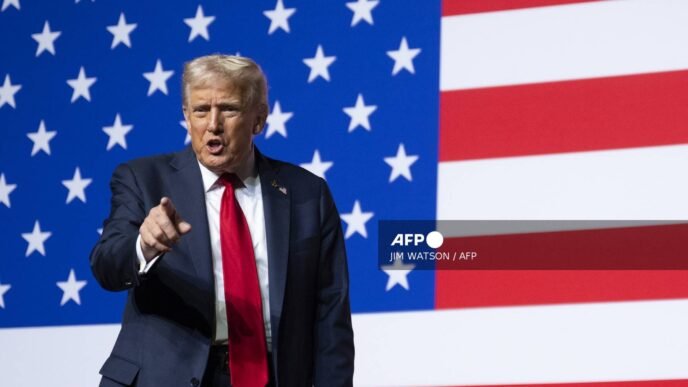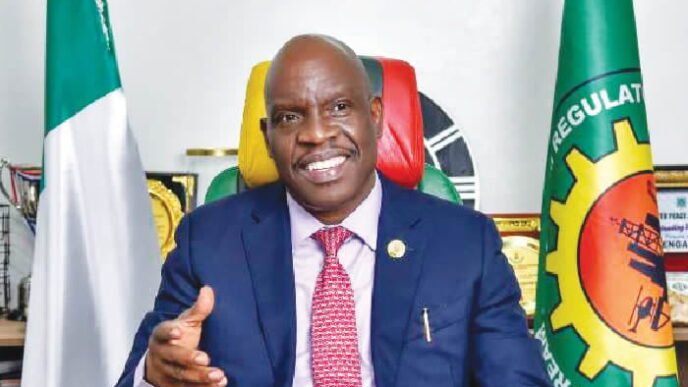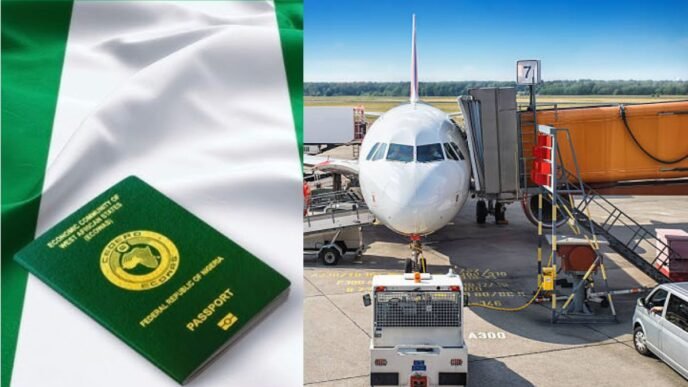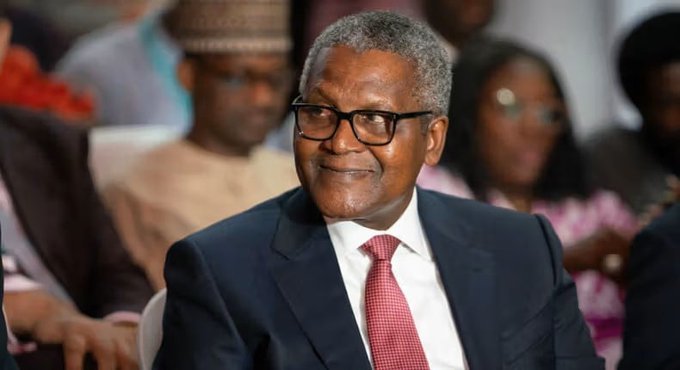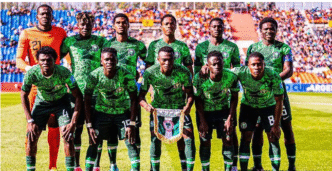In a move aimed at easing financial burdens on parents and strengthening the state’s commitment to free and quality education, the Kwara State Government has officially scrapped the Parents Teachers Association (PTA) levy in public primary schools. The decision, which replaces the levy with annual school grants, was announced by the Chairman of the Kwara State Universal Basic Education Board (SUBEB), Professor Shehu Adaramaja, during the opening of bids for the 2024 third and fourth quarters Universal Basic Education Commission (UBEC) and SUBEB intervention projects.
The development marks a significant shift in education financing in the state and is expected to provide much-needed relief for thousands of families, particularly in rural and low-income communities.
Why the PTA Levy Was Scrapped
The PTA levy, a long-standing practice in many Nigerian public schools, is a fee paid by parents to supplement government funding. The money is often channeled into supporting schools with projects, repairs, and facilities not covered by state allocations.
While typically modest compared to the high tuition fees charged in private schools, the PTA levy has nonetheless been a source of concern for many households struggling with the rising cost of living. In Kwara State, where the government has consistently emphasized free basic education, the levy was increasingly viewed as a contradiction to its policy goals.
According to Professor Adaramaja, the state government’s decision to abolish the levy reflects a deep commitment to ensuring that basic education remains truly free and accessible to all children, regardless of their family’s financial standing.
“Governor AbdulRahman AbdulRazaq believes that no child should be denied access to education because of inability to pay levies or charges,” Adaramaja said at the event. “By introducing annual school grants to replace the PTA levy, the state is taking responsibility for areas where parents had been filling the gap.”
The Burden of School Levies on Parents
Although the PTA levy often ranged from just a few hundred to a few thousand naira annually, it became a point of contention for many parents, especially in rural areas where incomes are low and families are large.
For parents with multiple children in school, the costs quickly added up. Coupled with expenses such as uniforms, textbooks, and transportation, the levy created additional pressure on households already battling inflation and economic hardship.
Education experts note that while voluntary parental involvement in schools remains critical, mandatory levies can discourage enrollment or force parents to make tough choices between schooling and other necessities.
By scrapping the levy, the Kwara government hopes to reduce such barriers and boost enrollment in its public primary schools.
Introduction of Annual School Grants
To ensure that schools continue to receive necessary financial support despite the abolition of the levy, the state has approved the disbursement of annual school grants.
These grants will serve as replacements for the PTA levy and will be used to fund small-scale projects, maintain school infrastructure, and support teaching and learning materials.
Adaramaja explained that the grants would be directly tied to transparency and accountability mechanisms. Schools will be required to provide clear records of how funds are spent, ensuring that resources reach their intended purpose of improving educational outcomes.
“This approach not only relieves parents but also institutionalizes proper funding of schools through official channels. It strengthens accountability and guarantees that no child’s access to education is compromised by hidden costs,” he said.
Stakeholder Reactions
The announcement has been met with widespread applause from parents, educators, and civil society groups in Kwara State.
For parents like Mrs. Mariam Olalekan, a mother of four in Ilorin, the scrapping of the levy is a welcome relief. “Even though the PTA fee was not as high as private school fees, it was still something we had to struggle with every term. Now, I feel more encouraged to keep all my children in school,” she said.
Teachers have also expressed optimism that the grants will not only relieve parents but also provide schools with more structured and reliable funding.
Education advocates, however, caution that the grants must be disbursed promptly and managed efficiently to prevent funding gaps that could affect school operations.
Kwara’s Broader Education Reforms
The move to abolish the PTA levy aligns with Kwara’s ongoing reforms in the education sector under Governor AbdulRahman AbdulRazaq. Since assuming office, the administration has invested heavily in rehabilitating schools, recruiting qualified teachers, and providing instructional materials.
Through consistent engagement with UBEC, the state has also secured intervention projects aimed at upgrading facilities across both rural and urban schools.
Observers say the introduction of school grants is another milestone in repositioning Kwara as a model for inclusive and equitable education in Nigeria.
The National Context
Kwara’s decision also sparks a broader debate about the role of PTA levies across Nigeria. In many states, such levies remain a contentious issue. While some argue they are necessary to bridge funding gaps in under-resourced schools, critics say they undermine the constitutional guarantee of free basic education.
Experts note that if Kwara’s grant system proves effective, it could inspire other states to adopt similar models, thereby reducing financial burdens on parents nationwide.
Challenges Ahead
Despite the excitement, challenges remain. Ensuring the adequacy of the grants will be key. If the funds provided fall short of what schools previously raised through the PTA levy, institutions may still struggle to cover basic needs.
Additionally, there are concerns about the sustainability of the program, especially in a period of fiscal constraints for many state governments. Education analysts stress the need for transparent budgeting, timely disbursements, and active monitoring by SUBEB and community stakeholders.
Another challenge will be maintaining parental involvement in schools. While the financial contribution of parents is no longer mandatory, their role in supporting school governance, monitoring standards, and encouraging children’s education remains vital.
Looking Ahead
By abolishing the PTA levy and introducing annual grants, the Kwara government has taken a bold step toward ensuring that no child is left behind due to financial constraints. The move underscores the administration’s commitment to reducing hidden costs in education and providing a level playing field for all pupils.
If effectively implemented, the grants could enhance school management, improve educational facilities, and encourage higher enrollment across the state’s public primary schools.
For now, parents across Kwara are breathing a sigh of relief, hopeful that this new policy will bring lasting benefits not only to their pockets but also to the quality of education their children receive.

